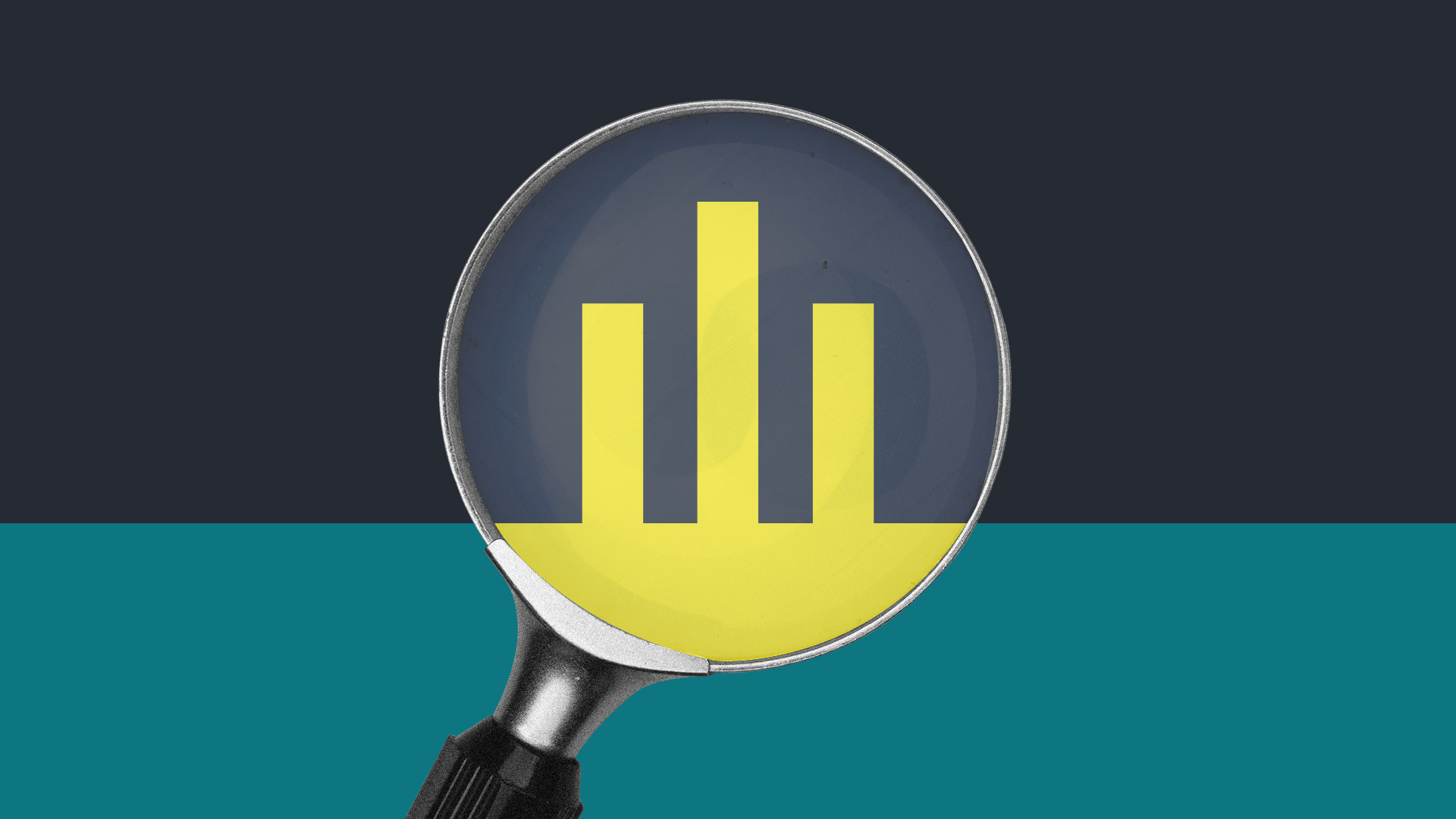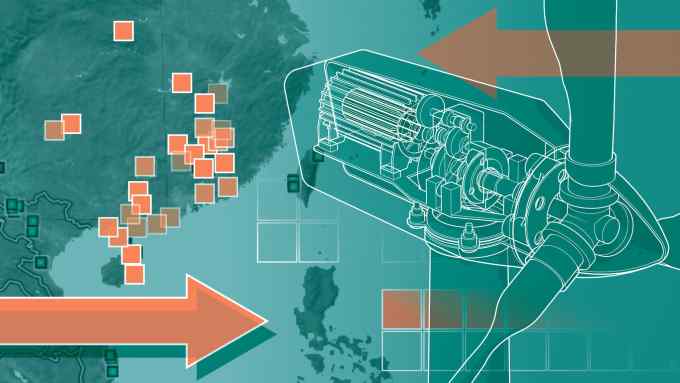Global supply chains can’t skirt China rare earths crackdown
全球供应链无法绕开中国稀土打压
国防供应链中的关键材料稀有金属锑的长期短缺可能会带来安全风险

正在对太阳能电池进行工厂检查。近年来,全球向绿色能源的转变创造了对锑的新需求,锑用于太阳能电池生产©彭博社
Batteries, solar panels and nuclear weapons all have one material in common: antimony. As Beijing tightens its grip on rare-earth materials — seen as retaliation for growing trade restrictions and tariffs on Chinese-made products — global supply chains won’t be able to avoid the fallout.
电池、太阳能电池板和核武器都有一种共同材料:锑。随着北京加强对稀土材料的控制——被视为对中国制造产品日益严格的贸易限制和关税的报复——全球供应链将无法避免其影响。
Rare metals prices have surged in recent months as China has started to increase restrictions on exports of the critical materials. But few have spiked like antimony. Last month, authorities announced the implementation of export licences on antimony, with the new measures going into effect on September 15.
随着中国开始加大对关键材料出口的限制,稀有金属价格近几个月飙升。但很少有金属能像锑一样飙升。上个月,当局宣布对锑实施出口许可证,新措施于9月15日生效。

Antimony’s flame and heat resistant properties make it crucial in the production of batteries, especially lead-acid storage batteries and those used in cars. It is also used to make other car parts including brake pads.
锑的阻燃和耐热特性使其在电池生产中至关重要,特别是铅酸蓄电池和汽车用电池。它还用于制造其他汽车零件,包括刹车片。
In recent years, the global shift to green energy has created new demand for antimony. The material is able to improve transparency for the cover glass on solar cells. This super-clear glass helps the performance of solar cells and is also used in the screens of smartphones.
近年来,全球向绿色能源的转变创造了对锑的新需求。该材料能够提高太阳能电池盖玻璃的透明度。这种超白玻璃有助于提高太阳能电池的性能,也用于智能手机的屏幕。
More crucially, a long-term shortage of antimony could pose a security risk. It is a critical material in the defence supply chain, and is used in everything from nuclear weapons production to making night vision goggles, ammunition and infrared sensors.
更重要的是,锑的长期短缺可能会带来安全风险。它是国防供应链中的关键材料,用于从核武器生产到制造夜视镜、弹药和红外传感器的各个领域。
The export restrictions have yet to go into effect. But antimony prices have already hit a record high. Spot prices in Europe and China have surpassed $25,000 per tonne, more than double prices at the end of last year.
出口限制尚未生效。但锑价已经创下历史新高。欧洲和中国的现货价格已超过每吨25,000美元,是去年年底价格的两倍多。
For global users of this element, finding a substitute supplier does not look easy. Demand is high and China is the biggest producer of antimony globally, with nearly half the global market share, according to the US Geological Survey.
对于该元件的全球用户来说,寻找替代供应商看起来并不容易。根据美国地质调查局的数据,需求很高,中国是全球最大的锑生产国,占全球市场份额的近一半。

The US, in contrast, has not mined any marketable antimony since 1997. Production from countries such as Russia and Myanmar would introduce complications into supply chains thanks to sanctions. Even these deposits are also often partially mined by Chinese-owned companies, which have a dominant position in processing and refining the material once mined.
相比之下,美国自 1997 年以来就没有开采任何可销售的锑。由于制裁,俄罗斯和缅甸等国的生产将给供应链带来复杂性。即使这些矿藏也经常被中资企业部分开采,这些企业在开采后的材料加工和精炼方面占据主导地位。
Shares in Hunan Gold Corporation, one of the biggest antimony producers, have gained 35 per cent this year. Shares of Perpetua Resources, whose gold-antimony mine in Idaho is one of the rare US sources of antimony deposits, are up by half over the past month with shares nearly tripling in the past six months.
最大的锑生产商之一湖南黄金公司的股价今年上涨了35%。 Perpetua Resources 位于爱达荷州的金锑矿是美国稀有的锑矿来源之一,该公司的股价在过去一个月上涨了一半,在过去六个月中几乎上涨了两倍。
Until the world’s supply chains find an alternative to Chinese-controlled sources of antimony, prices should only keep going up.
在世界供应链找到中国控制的锑来源的替代品之前,价格只会继续上涨。









Comments 评论